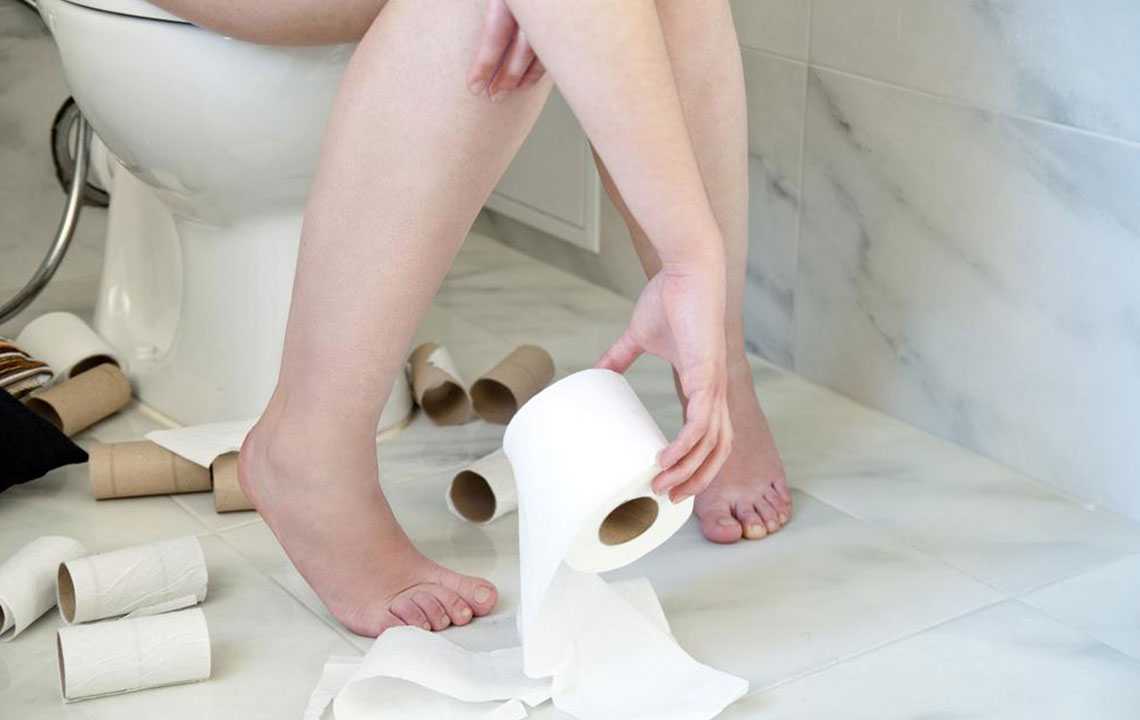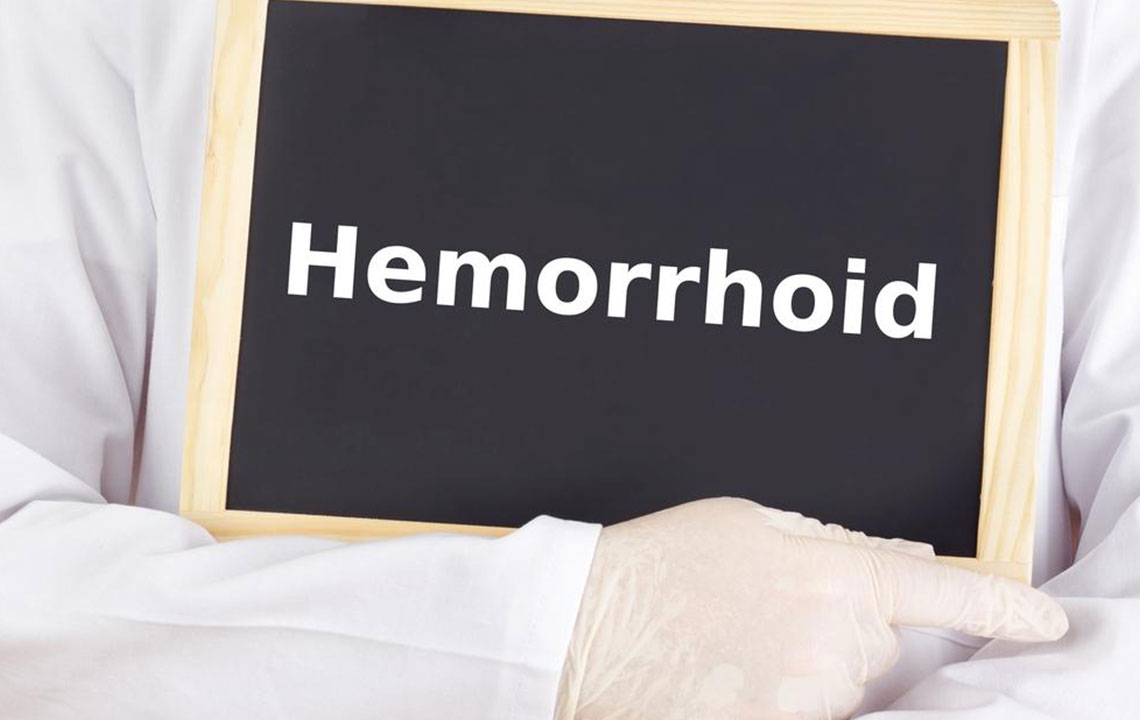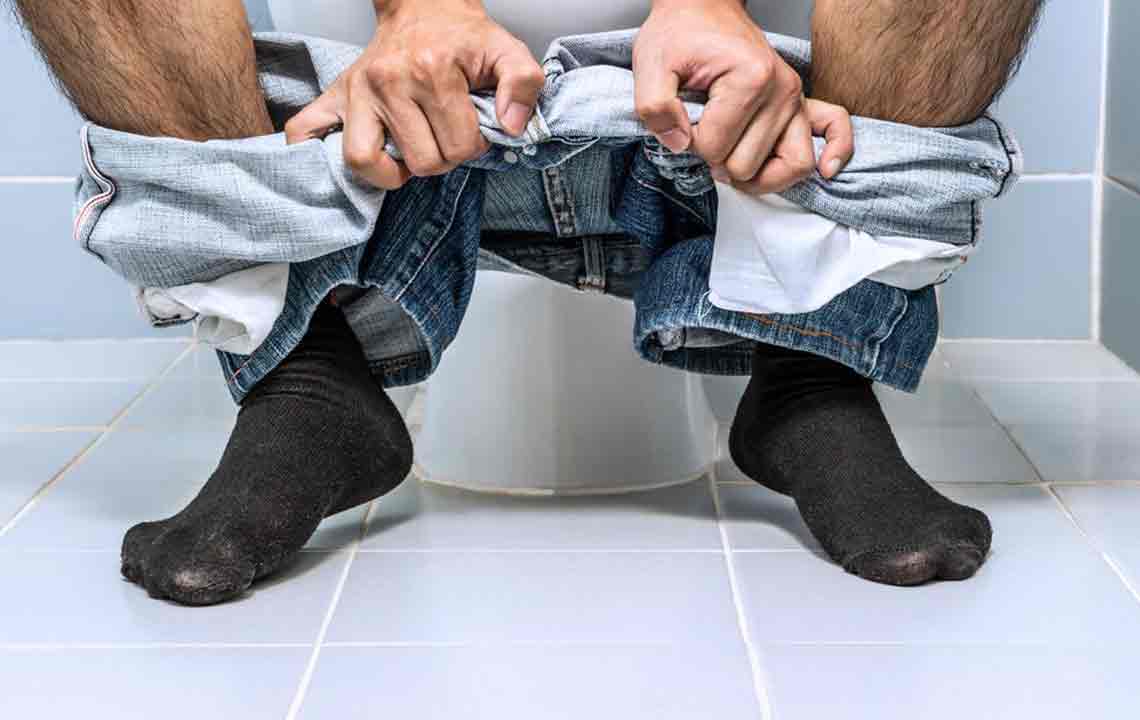Effective Strategies for Hemorrhoid Prevention and Relief
Explore effective methods to prevent and relieve hemorrhoids with lifestyle changes, home remedies, and medical treatments. Learn diagnostics and minimally invasive procedures for persistent cases to ensure comfortable management of hemorrhoid symptoms.

Proven Methods to Alleviate Hemorrhoid Symptoms
Hemorrhoids, or piles, affect nearly 30% of people worldwide, causing discomfort, pain, and bleeding. This condition results from swollen veins around the anus or lower rectum, often due to constipation or increased pressure. External hemorrhoids develop outside the anal opening, while internal ones are inside the rectum. Although typically not dangerous, they can cause persistent discomfort. With appropriate treatments and lifestyle changes, symptoms can be effectively managed and reduced.
Diagnosing Hemorrhoids
Medical professionals usually perform exams like anoscopy, sigmoidoscopy, or proctoscopy to diagnose hemorrhoids. If necessary, a colonoscopy may be conducted to exclude other issues such as colon cancer or digestive problems.
Treatment Approaches
Several methods can provide relief from pain, swelling, and irritation, including:
Taking warm sitz baths to soothe the affected area.
Using gentle moist wipes instead of dry toilet paper for hygiene.
Applying cold packs to reduce swelling and discomfort.
Utilizing over-the-counter pain relievers during flare-ups.
Maintaining cleanliness and avoiding scratching; wearing comfortable cotton underwear.
Home Remedies and Lifestyle Adjustments
Simple lifestyle practices can significantly improve symptoms:
High-Fiber Diet: Include plenty of fruits, vegetables, and whole grains to facilitate smooth bowel movements.
Topical Treatments: Use recommended creams or apply natural remedies like clarified butter to decrease swelling.
Avoid Dry Toilet Paper: Opt for wet wipes to prevent aggravating hemorrhoids.
Medical and Pharmacological Solutions
Mild external hemorrhoids often respond well to topical ointments. For more severe cases, consult healthcare providers about prescription treatments or procedures like hemorrhoid thrombectomy, which is most effective within 72 hours of clot formation to provide quick relief.
Minimally Invasive Procedures
If bleeding continues or hemorrhoids are stubborn, options include:
Rubber Band Ligation: Stripping blood supply with bands to shrink internal hemorrhoids.
Sclerotherapy: Injecting sclerosing agents to reduce hemorrhoid size.
Surgical Options: Removing or stapling hemorrhoids in severe cases to prevent recurrence and improve symptoms.


